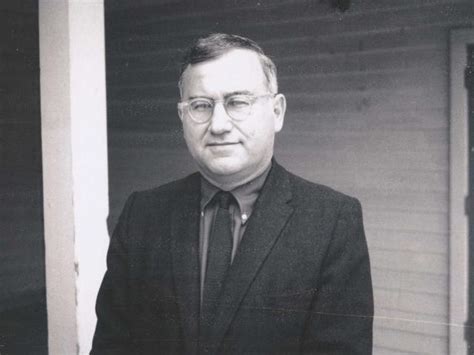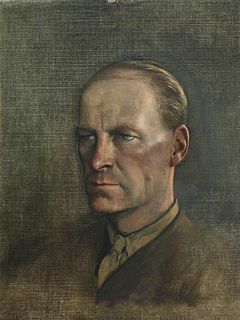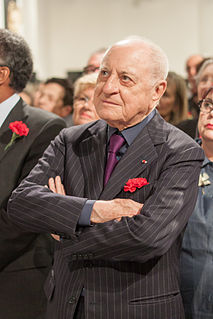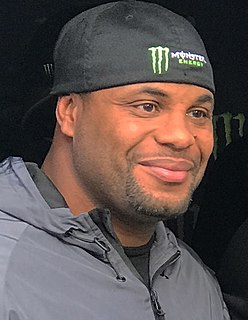A Quote by Virginia Woolf
The comparison between Coleridge and Johnson is obvious in so far as each held sway chiefly by the power of his tongue. The difference between their methods is so marked that it is tempting, but also unnecessary, to judge one to be inferior to the other. Johnson was robust, combative, and concrete; Coleridge was the opposite. The contrast was perhaps in his mind when he said of Johnson: "his bow-wow manner must have had a good deal to do with the effect produced.
Related Quotes
I had, in college, a professor called Walter Jackson Bate, and he taught a course called The Age of Johnson. It's about Samuel Johnson and his period, 18th-century British writing. So we all got to endure Samuel Johnson, and Boswell's 'Life of Johnson' is now my favorite book. I read it all the time I can; it's great for going to sleep.
Johnson is wise, Boswell foolish; Johnson warns and abstains, Boswell plunges; Johnson is rather a great man writing than a greatwriter, Boswell is a great writer and an ordinary man; and they are two of a kind, abysmal melancholics and compulsive socializers, afraid of solitude and afraid of death and dissolution, victims of themselves, meant for each other, needing each other, needing evidence and arguments (Boswell is a lawyer, Johnson magisterially dictates to him some of his briefs), making beautiful models of rational discourse out of the useful substance of all they know.
Overt intelligent performances are not clues to the workings of minds; they are those workings. Boswell described Johnson's mind when he described how he wrote, talked, ate, fidgeted and fumed. His description was, of course, incomplete, since there were notoriously some thoughts which Johnson kept carefully to himself and there must have been many dreams, daydreams and silent babblings which only Johnson could have recorded and only a James Joyce would wish him to have recorded.
In comparing these two writers, he [Samuel Johnson] used this expression: "that there was as great a difference between them as between a man who knew how a watch was made, and a man who could tell the hour by looking on the dial-plate." This was a short and a figurative statement of his distinction between drawing characters of nature and characters only of manners, but I cannot help being of opinion, that the neat watches of Fielding are as well constructed as the large clocks of Richardson, and that his dial plates are brighter.
Addison writes with the ease of a gentleman. His readers fancy that a wise and accomplished companion is talking to them; so thathe insinuates his sentiments and taste into their minds by an imperceptible influence. Johnson writes like a teacher. He dictates to his readers as if from an academical chair. They attend with awe and admiration; and his precepts are impressed upon them by his commanding eloquence. Addison's style, like a light wine, pleases everybody from the first. Johnson's, like a liquor of more body, seems too strong at first, but, by degrees, is highly relished.
Like the amazing story of Anthony Johnson. This man was a slave, then became free, accumulated 250 acres, and even had his own slave, a black man who took him to court in Virginia in 1654.That man argued that he should be freed like an indentured servant. But Johnson, who we believe was a pure African from Angola, said, "No way, you're my slave." And the court agreed.
In each of us two powers preside, one male, one female: and in the man's brain, the man predominates over the woman, and in the woman's brain, the woman predominates over the man...If one is a man, still the woman part of the brain must have effect; and a woman also must have intercourse with the man in her. Coleridge perhaps meant this when he said that a great mind is androgynous. It is when this fusion takes place that the mind is fully fertilized and uses all its faculties.
Now in my view, if you were to line up the Presidents in the order of who made the greatest accomplishments, you'd put Lyndon Johnson in that arena with both Roosevelts probably, and [Abraham] Lincoln and so on. But the idea that Lyndon Johnson was operating as a free agent and coming up with these ideas on his own is nonsense.
































